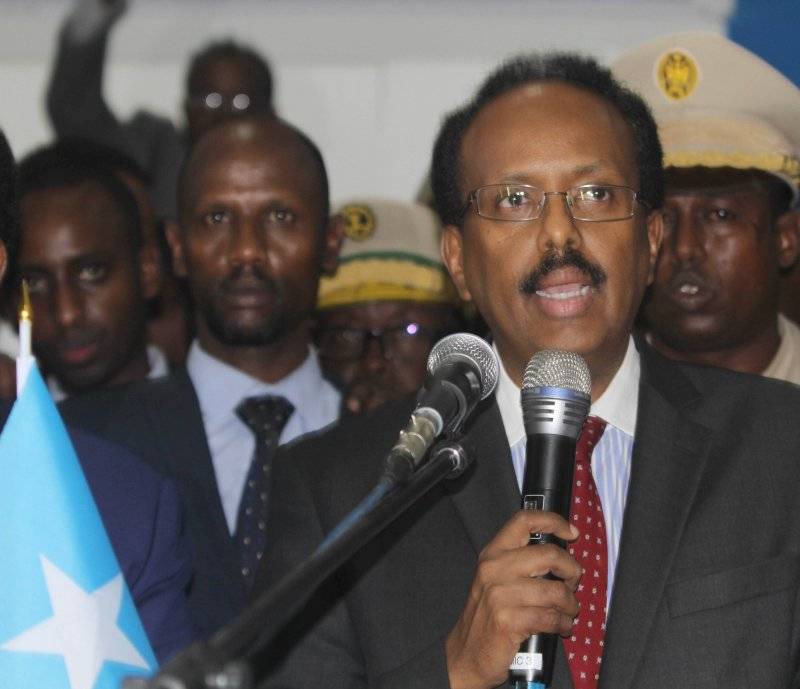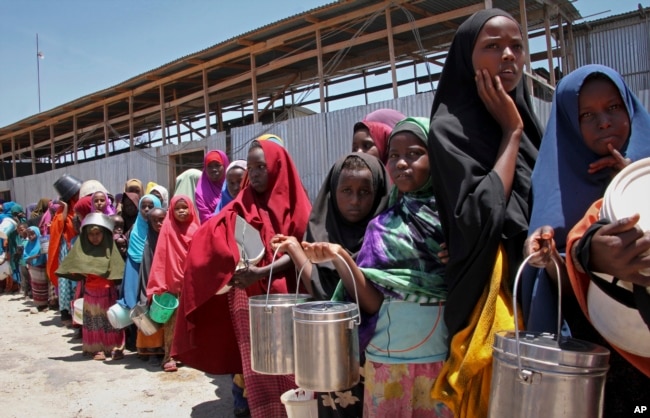JBeukema
Rookie
- Banned
- #1
In the world's longest running failed state, Dr. Hawa Abdi took it upon herself to start a civil society on her land, complete with a justice system that imprisons men who beat their wives. Eliza Griswold, author of The Tenth Parallel, talks to the Mother Teresa of Somalia and her daughters.
On her family farm a few miles outside of the city of Mogadishu, Dr. Hawa Abdi runs a camp for 90,000 people fleeing war. Two out of three are women and children.
Heres what it looks like: In a sea of sand dunes, a patchwork of bright fabric moves against itself, as new arrivals weave the bramble igloos, like upside down bird nests that theyll be living in. Almost everyone arrives hungry, traumatized, sick and wounded, and seeking the protection of this 400-acre oasis run by Dr. Abdi and her doctor daughters, Deqo, 35, and Amina, 31. For the tens of thousands of displaced people whove left everything behind and choose to live here, the women have only two rules in exchange for free medical care, fresh water and living without paying kickbacks to anyone.
Displaced women and children at Hawa Abdi refugee camp in the outskirts of Mogadishu. (Mohamed Sheikh Nor / AP Photo)
The first rule: Theres no talk of clan, the family and political ties that divide Somalis. We are all Somalis here, Dr. Abdi says. The second: Any man caught beating his wife goes to jailan old storeroom with barred windows, until his wife and the camp council of elders decide to let him go. This means usually just a few hours in the dusty, hot cell, but its effect is revolutionary: This is the first time in history that Somali women have formed the basis of their own society, and its working.
The Safest Place in Somalia - The Daily Beast




